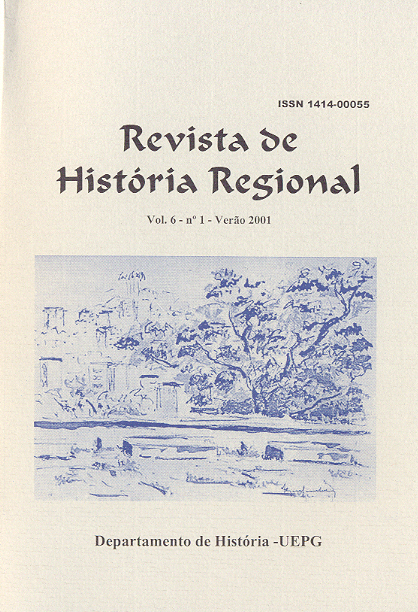HETEROGENEIDADE E CONFLITO NA INTERPRETAÇÃO DO QUILOMBO DOS PALMARES
Keywords:
Conflito, Cultura Material, Quilombo, Palmares, Arqueologia Conflito, Arqueologia Histórica, Conflict, Material Culture, Maroon, Historical ArchaeologyAbstract
In recent years historical archaeologists have become increasingly interested in exploring how to use material culture to study conflict and how the interpretation of their sites is affected by modern perception. Grounded in a dialectical epistemology, the experience of past peoples is considered part of an ongoing social confrontation between social actors. Archaeologists tend to consider cultures as neatly bounded homogeneous entities. The holistic, monolithic nature of cultures has been put into question by several empirical and theoretical studies. In northeastern Brazil, a large maroon kingdom, Palmares, developed in the seventeenth century and people have often interpreted it in two ways. Some prefer to stress the African character of the polity, while others emphasize the diversity within the community. Archaeological research at Palmares produced evidence of a heterogeneous society, an interpretive model that does not follow dominant epistemological schemes and prejudices.Downloads
Downloads
Published
How to Cite
Issue
Section
License
Copyright (c) 2007 Pedro Paulo A. Funari

This work is licensed under a Creative Commons Attribution 4.0 International License.
Autores que publicam nesta revista concordam com os seguintes termos:
a) Os autores mantêm os direitos autorais e concedem à revista o direito de primeira publicação, com o trabalho simultaneamente licenciado sob a Creative Commons Attribution License que permite o compartilhamento do trabalho com reconhecimento da sua autoria e publicação inicial nesta revista.
b) Os autores são autorizados a assinarem contratos adicionais, separadamente, para distribuição não exclusiva da versão publicada nesta revista (por exemplo, em repositórios institucionais ou capítulos de livros), com reconhecimento da sua autoria e publicação inicial nesta revista).
c) Os autores são estimulados a publicar e distribuir a versão onlline do artigo (por exemplo, em repositórios institucionais ou em sua página pessoal), considerando que isso pode gerar alterações produtivas, bem como aumentar o impacto e as citações do artigo publicado.
d) Esta revista proporciona acesso público a todo o seu conteúdo, uma vez que isso permite uma maior visibilidade e alcance dos artigos e resenhas publicados. Para maiores informações sobre esta abordagem, visite Public Knowledge Project, projeto que desenvolveu este sistema para melhorar a qualidade acadêmica e pública da pesquisa, distribuindo o OJS assim como outros softwares de apoio ao sistema de publicação de acesso público a fontes acadêmicas.
e) Os nomes e endereços de e-mail neste site serão usados exclusivamente para os propósitos da revista, não estando disponíveis para outros fins.

Este obra está licenciado com uma Licença Creative Commons Atribuição 4.0 Internacional.

Este obra está bajo una licencia de Creative Commons Reconocimiento 4.0 Internacional.






